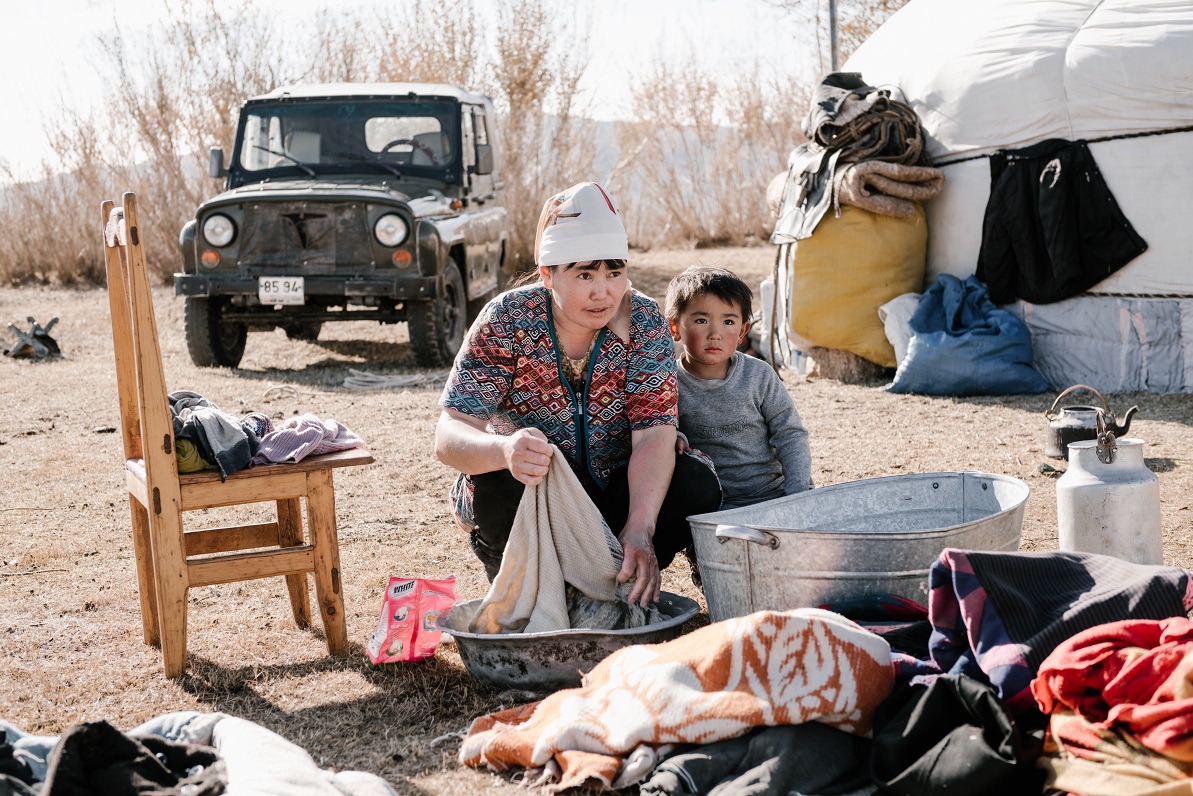The acceptability of water, sanitation, and hygiene interventions in low-resource settings
The COVID-19 pandemic highlighted the importance of water, sanitation, and hygiene (WASH) for protecting human health and life.
Speakers
Content navigation
Description

The COVID-19 pandemic highlighted the importance of water, sanitation, and hygiene (WASH) for protecting human health and life. Inadequate WASH access is an environmental risk factor for poor health outcomes globally, especially in low-resource settings. Community interventions, including infrastructure provision (e.g. toilets and taps), education and behaviour change communication are critical for achieving universal WASH access.
As research focus in the WASH sector expands from ‘which interventions work’ to ‘how they are best implemented’, community-participatory approaches are increasingly part of intervention delivery. The ‘acceptability’ of an intervention to the recipient community can influence uptake, and sustained use. The aim of this PhD research was to contribute to current understanding of the acceptability of WASH interventions in low- resource settings, against the background of water insecurity and environmental challenges. The exit seminar will outline how this was achieved through critical review of acceptability in WASH, development and application of a novel approach to acceptability evaluation, and exploration of the impact of water availability on intervention use.
Bio
 Rose Hosking is a PhD candidate at the National Centre for Epidemiology and Population Health (NCEPH) within the Australian National University. Rose completed a Bachelor of Veterinary Biology at the University of Sydney which sparked her interest in the interaction of human, animal and environmental health. She transitioned to Honours in Population Health at NCEPH, where she researched the socioeconomic and environmental factors that shaped the spread of waterborne diseases in Australia. Continuing the theme of water and health, her doctoral research focuses on the acceptability of water, sanitation, and hygiene interventions in low-resource communities. During her candidature, Rose has also worked as a research assistant to the PFAS Health Study, casual sessional academic within the university and consulted to industry partners on climate and health. Outside of work, Rose can be found sitting at the piano or out on the soccer pitch.
Rose Hosking is a PhD candidate at the National Centre for Epidemiology and Population Health (NCEPH) within the Australian National University. Rose completed a Bachelor of Veterinary Biology at the University of Sydney which sparked her interest in the interaction of human, animal and environmental health. She transitioned to Honours in Population Health at NCEPH, where she researched the socioeconomic and environmental factors that shaped the spread of waterborne diseases in Australia. Continuing the theme of water and health, her doctoral research focuses on the acceptability of water, sanitation, and hygiene interventions in low-resource communities. During her candidature, Rose has also worked as a research assistant to the PFAS Health Study, casual sessional academic within the university and consulted to industry partners on climate and health. Outside of work, Rose can be found sitting at the piano or out on the soccer pitch.
Location
** Hybrid Event **
Bob Douglas Lecture Theatre, Building 62, Mills Road ACTON 2601
or
Meeting ID: 872 6032 1033
Password: 725221
